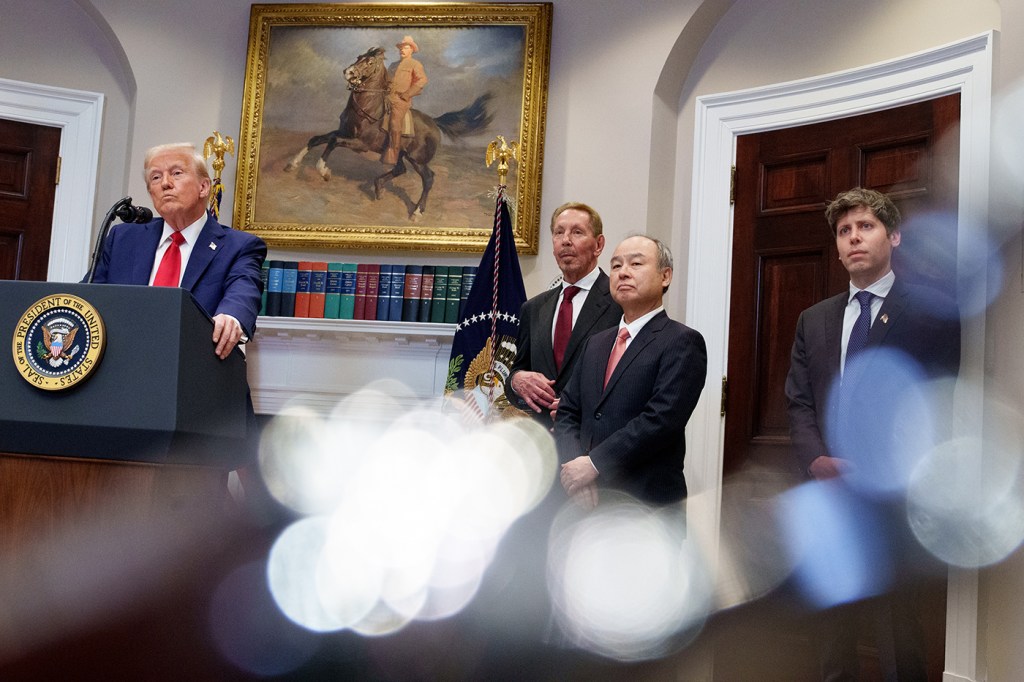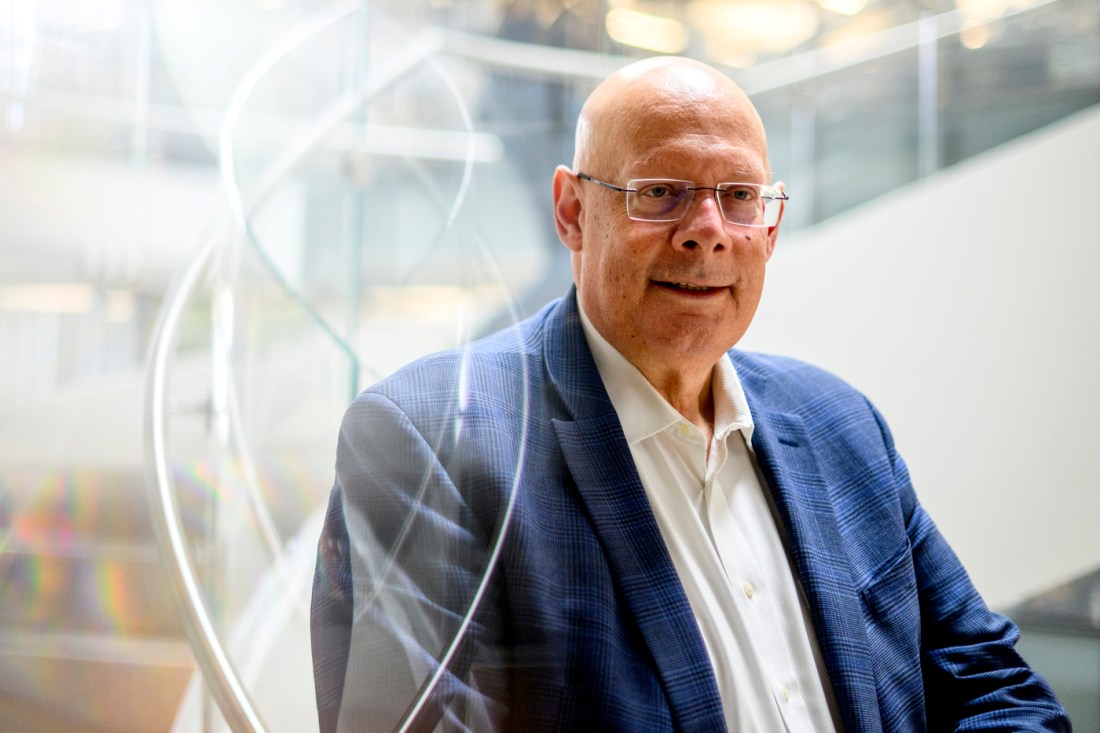Stargate AI infrastructure plan could help drive industry forward, says Northeastern AI expert
Usama Fayyad says the most interesting part of the project is that — at least for now — it is being funded using private sector money.

A new $100 billion joint venture between the federal government and some of the biggest companies working in artificial intelligence is encouraging, a Northeastern University expert says.
“I was happy to see this. Absolutely,” says Usama Fayyad, executive director of Northeastern University’s Institute for Experiential AI, about the launch of the Stargate Project. “This is a big investment. It will definitely create jobs. It will increase compute capacity.”
In his first full day in office, President Donald Trump was joined by technology executives on Tuesday to announce the venture that will be used to build more AI data centers in the U.S.
Stargate’s initial investors include SoftBank, OpenAI, Oracle and MGX and is already in the process of building 10 data centers in Texas. Over the next four years, the companies say they plan to invest upwards of $500 billion in the project.
Fayyad says the best part of the project is that — at least for now –- it is being funded using private sector money.
“For now, it’s not really taxpayer dollars,” he says. “It’s really the private sector.”
That being said, it remains to be seen how successful Stargate will be in securing funding over the next few years, Fayyad notes.
“They clearly are planning to raise money,” he says. “How are they going to raise money? Who’s going to put it up? Beyond SoftBank, it’s not clear anybody has the money to spend tomorrow on this.”
It will be interesting to see who else invests in the project, and how much the government will be directly involved, he adds.
“It’s definitely clear Trump being out there endorsing it helps them raise funding and get noticed by investors,” Fayyad says.
The companies and Trump have touted the economic incentives of the undertaking.

“This infrastructure will secure American leadership in AI, create hundreds of thousands of American jobs, and generate massive economic benefit for the entire world,” OpenAI said in a statement. “This project will not only support the re-industrialization of the United States but also provide a strategic capability to protect the national security of America and its allies.”
SoftBank and OpenAI will be the lead players on the project but will take advantage of the technologies from Arm, Microsoft, Nvidia and Oracle to build out the AI data centers, which will be used to develop and train OpenAI’s models.
Editor’s Picks
During Trump’s White House announcement, which included OpenAI CEO Sam Altman, Oracle Chief Technology Officer Larry Ellison and SoftBank CEO Masayoshi Son, the topic of AI’s use in health care was discussed.
Ellison highlighted that artificial intelligence could be used to help doctors better care for patients and create more tailored health plans. Altman touched on AI’s use to develop cures for cancers and heart disease.
Fayyad says he is hopeful this project will help spur research in those areas.
Discussion about Microsoft and OpenAI launching the Stargate project predate Trump’s return to the White House, but Fayyad says he isn’t surprised the companies waited to launch the venture.
“One could argue that these companies were waiting for an environment that was less restrictive,” Fayyad says, noting that Trump reversed President Joe Biden’s executive order on regulating the AI industry.
Trump has marketed himself as a “business-oriented president,” he adds.
“In general, I consider that a good thing,” he says. “We want a business-friendly administration. However, we also want an administration that makes sure that businesses are practicing their deeds responsibly.”











